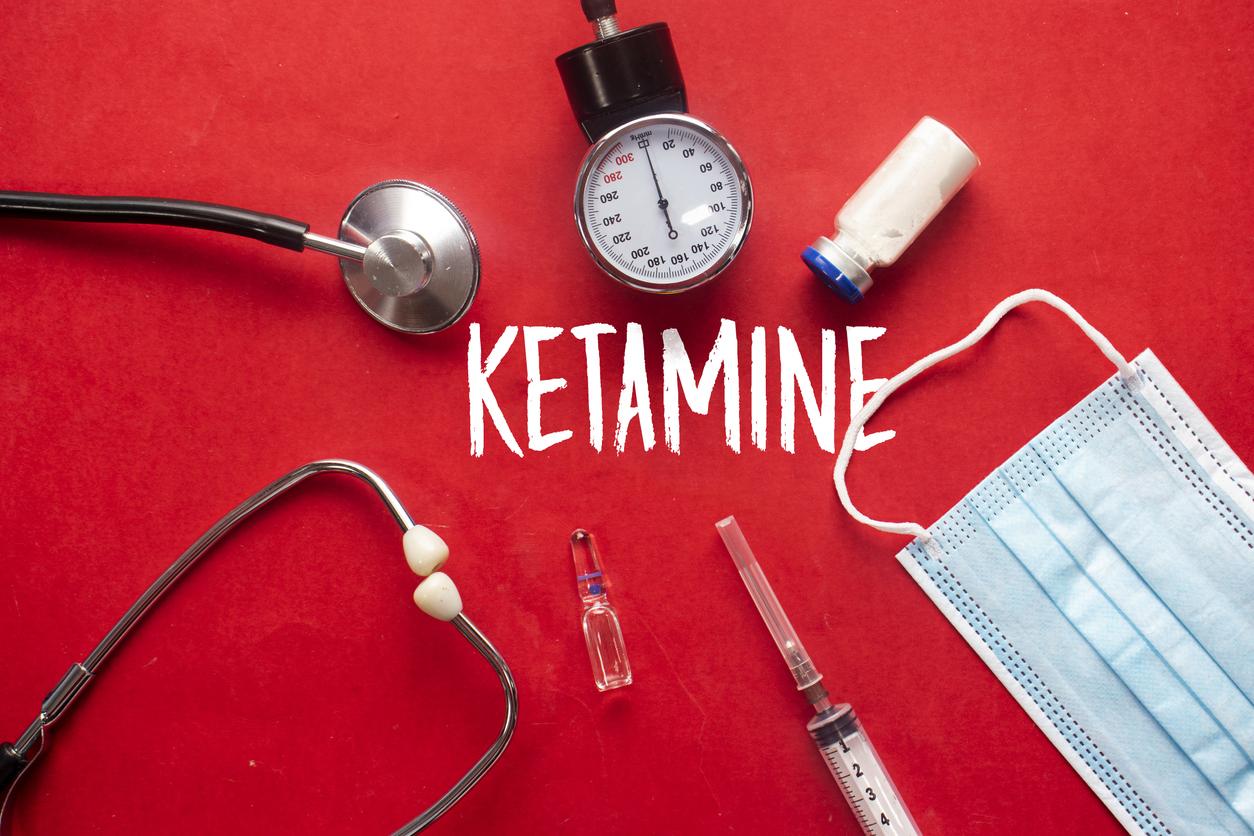A study published in “the Journal of Psychiatry Research” claims that it would be possible to create a blood test analyzing the variation of 2 specific genes involved in stress responses to determine a high risk of postnatal depression
Denial of the disease
Symptoms of postnatal depression are fairly straightforward to identify: irrational crying, difficulty in relationship or constant anxiety with the baby, or the propensity to let go. Yet many mothers hide their face and do not accept this disease.
If it can be triggered by stressful factors, it would also have a genetic component.
Mood disorders
The state of pregnancy upsets women so much that they lose their balance. Mood swings, cravings, appetite and sleep disturbances, wacky dreams and terrible nightmares, anxiety, euphoria, hypersensitivity: the symptoms abound.
During pregnancy, the placenta produces a hormone called corticotrophin (CRH). An increase in the production of CRH leads to hormonal changes. At birth, the sudden drop in corticotrophin levels causes an imbalance that can lead to mood disorders, irritability, and “baby blues”.
In most women, this imbalance only lasts a few days. Others fall into postnatal depression, which sets in.
Two genes responsible for depression
Researchers at the University of Warwick (England) sought to identify and study small genetic variations that increase the risk of postnatal depression.
140 women were tested for these genes. They were then tested for depression before and after birth.
34 women (24%) were considered to be at high risk for postnatal depression. Scientists found that the risk of depression was higher in women with 2 genetic variations.
More studies will be needed to develop the blood test for postnatal depression, but these results are encouraging.


















